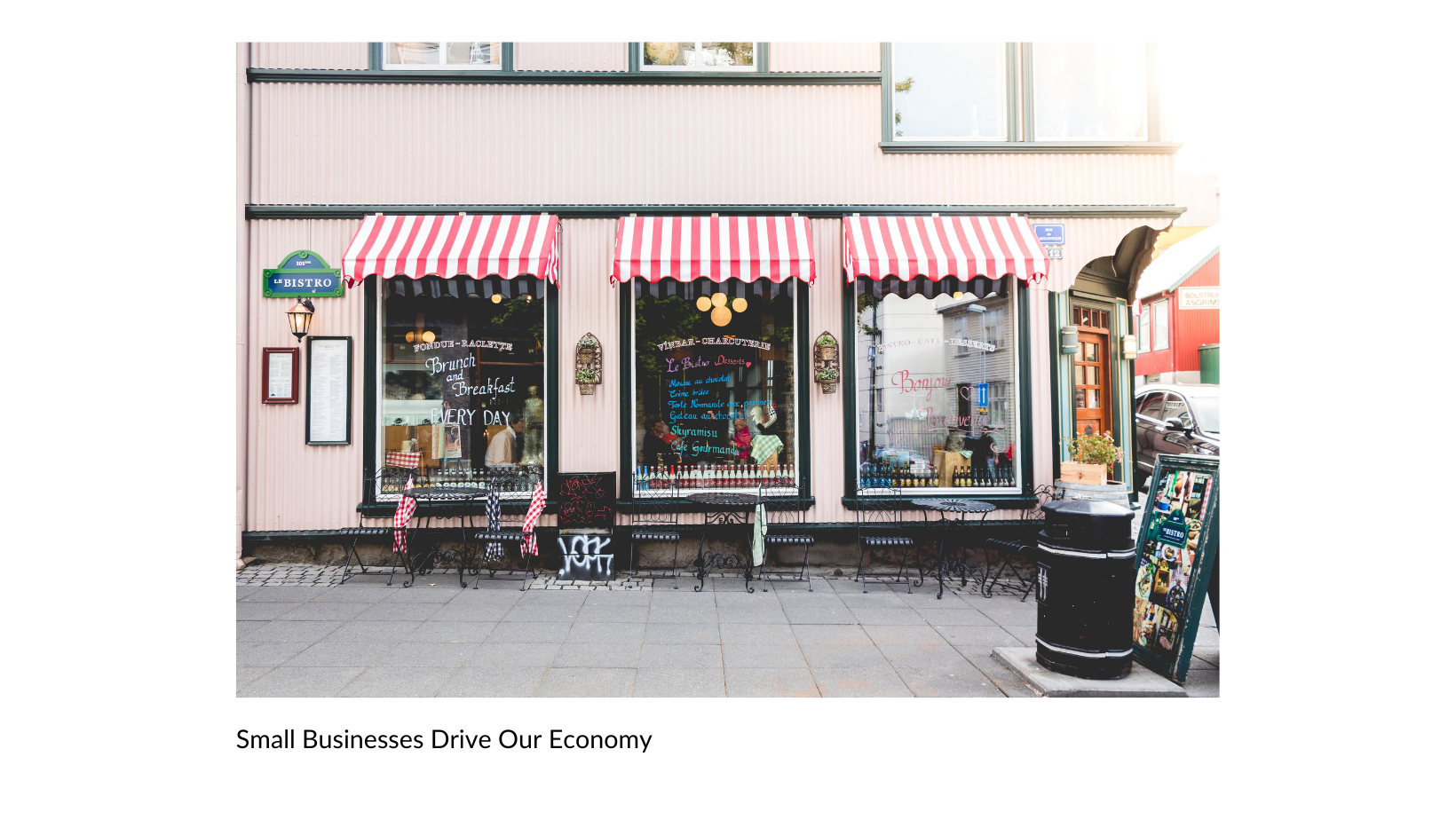
Entrepreneurs and Local Economies
Several years ago, one of our co-founders, Anasa Laude, had the unique opportunity of collaborating on a project with Professor and Entrepreneur, Ray Garcia, and his colleagues at the University of Pisa focused on promoting entrepreneurship among students in Italy. The project resulted in a publication of articles written by educators and entrepreneurs, including myself, as well as video lectures and case studies.
Entrepreneurship can be a viable vehicle for social and economic mobility for traditionally marginalized groups. Often, when we hear the term entrepreneurship, we tend to think of the Zuckerbergs and Gates of the world. However, entrepreneurs come in many shapes and sizes. Beyond the titans of the social media industry, there are everyday men and women providing goods and services in our neighborhoods – the hair braiding shop, the restaurant, the tailor, and the corner store.
These enterprising individuals help create viable local economies. They provide local jobs, creating opportunities for groups who often struggle to find work such as ex-convicts and new immigrants. In addition, business owners contribute to local tax revenue and add to the vibrancy and safety of their blocks.
They are neighborhood anchors upon which culture and traditions are created – the safe, fun pizzeria for kids to gather after school, the buffet where families celebrate birthdays, the food truck line where colleagues catch up, or the bodega that serves as a rallying point during emergencies.
Launching and running a small business is not without its challenges. The hours can be grueling, capital for start-up costs, and ongoing operations are not always readily available. Also, ebbs in the external economy impact disposable income and consumer spending. These issues create a situation wherein businesses are often unable to predict revenue and cash flow – money needed to pay employees, purchase supplies, and inventory while keeping food on their tables.
Mitigating the vulnerabilities of small businesses requires continued public support in addition to deeper tax breaks for lower-income entrepreneurs. In the USA, though limited, there are grants and low-cost loans for small businesses administered through philanthropic institutions and government agencies. When and where they occur, these public investments have tremendous social and economic returns for neighborhoods as a whole.
In Fall 2018, ILE Consulting Group launched an economic initiative in Harlem. We facilitated a series of focus groups and workshops with residents, business owners, nonprofit organizations, and elected officials. Participants shared their concerns, their dreams for their neighborhoods, and the role they want to play in expanding economic opportunities for future generations. Drawing from these discussions, ILE Consulting Group designed an economic initiative. We will be sharing more about this work in the coming months.
Below is a link to the book I referenced earlier, entitled Startup Social Dynamics. To make it widely accessible for educators and NGOs, it is available free as a PDF. Take a look, let us know what you think. #
